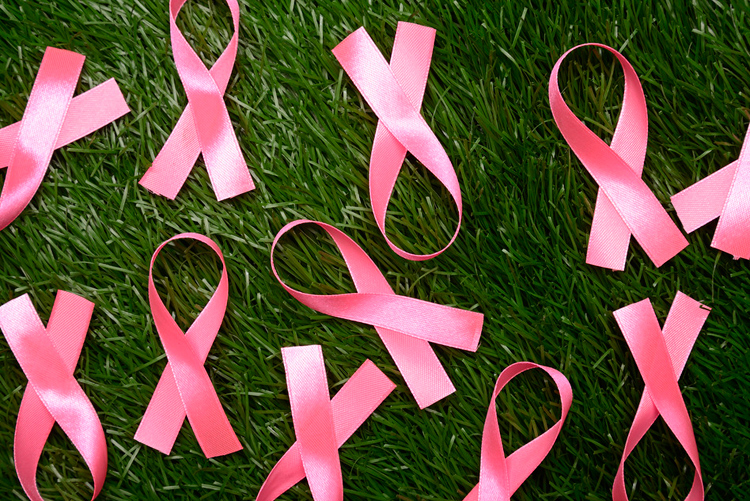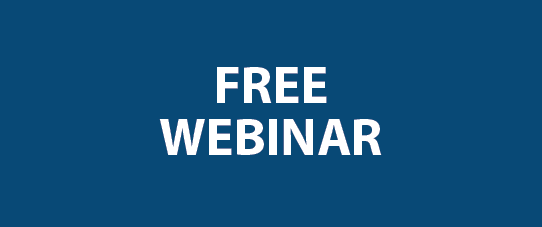If you missed our 2025 Individual Health Insurance Open Enrollment webinar a video replay is…

What Breast Cancer Awareness Month Means for Your Health
October is National Breast Cancer Awareness Month — a time of year where we can all educate ourselves and each other about breast cancer and what you can do to protect yourselves and your loved ones. Regardless of whether breast cancer runs in your family history or not, there are some preventative measures you should be taking and some things you should know about the second most common type of cancer in women.
The Importance of Early Detection
Breast cancer occurs in progressing stages, becoming increasingly difficult to treat with each stage. This is why detecting breast cancer as early as possible is so important. At the age of 40, most women should begin having annual mammograms done as a means of detecting potentially cancerous growths in breast tissue. For women with a family history of breast cancer, however, annual mammograms may be recommended to begin even sooner.
For women under 40, regular self-breast exams are also recommended. Giving yourself a monthly exam, in addition to being on the lookout for sudden pain or changes in the breasts, can help with early detection before an annual clinical breast exam is done.
Common Myths About Breast Cancer
Unfortunately, there are many myths floating around about breast cancer that put many people (not just women) at greater risk. For example, it’s a commonly perpetuated myth that only women can get breast cancer. Unfortunately, men can have breast cancer, too — and due to lack of information on male breast cancer, their mortality rates are extremely high.
Another all-too-common myth about breast cancer is that if you find a lump, you must have cancer. This couldn’t be further from the truth. Abnormal growths in a breast are usually benign (not cancerous), so if you find one, you shouldn’t panic. Schedule an appointment with your doctor quickly if you do find anything abnormal in one or both of your breasts, and they can schedule a mammogram for you if needed.
Frequently Asked Questions
One of the most common questions women have in regards to breast cancer is, “what can I do to reduce my risk?” There are plenty of steps that can be taken to reduce one’s risk of breast cancer, such as:
- quitting smoking
- decreasing alcohol consumption
- getting 30 minutes or more of daily exercise
- reducing or managing stress in your life
Of course, there’s no surefire way to avoid getting breast cancer. Even women who have no family history of breast cancer can get it; in fact, most women who have breast cancer don’t have it in their family history. Taking steps to identify and treat cancer early is the single best thing a woman can do to protect herself. This means scheduling an annual exam with your doctor (and a mammogram, if you are of recommended age) as well as giving yourself monthly breast exams.
Sadly, breast cancer takes the lives of approximately 40,000 people each year. If your current health insurance policy doesn’t cover preventative care for breast cancer (or if you don’t have insurance), now is the time to find a policy that works for you. Browse health insurance policies today through the FICPA sponsored CPA Insurance Marketplace; we’d be happy to assist you.

